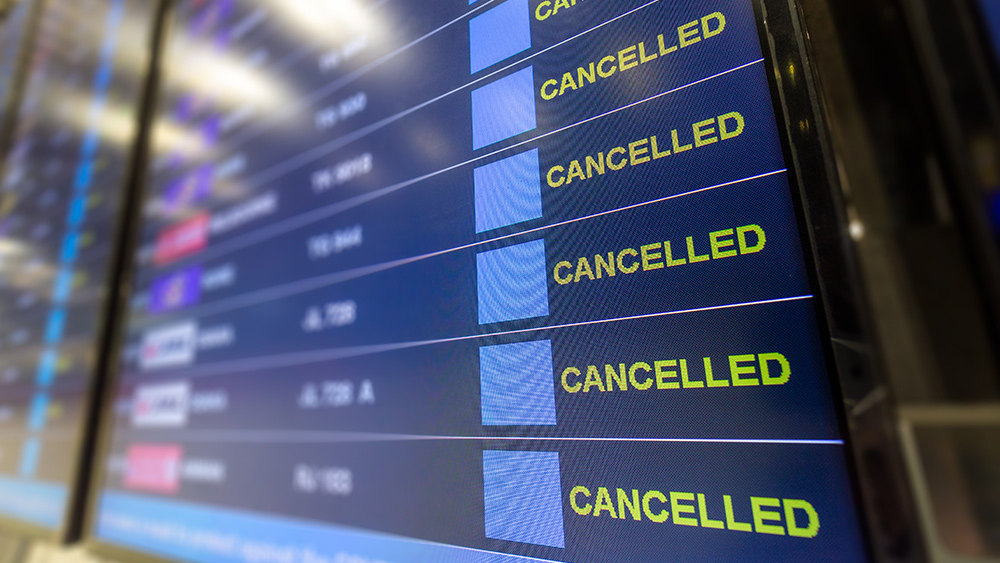The world got a taste of just how badly our over-reliance on technology can backfire on Friday when a tech outage disrupted 911 systems and hospital operations, grounded flights and brought online banking and businesses to a standstill around the world.
Many people were caught off guard by the sheer severity of the issues caused by the outage, and one of the most serious consequences is its effect on healthcare systems. Emergency response systems were down at various healthcare providers and police agencies in the U.S., with some areas having to dispatch police cars and ambulances manually. Elective surgeries and hospital visits were canceled at hospitals throughout the country.
In England, meanwhile, the country’s National Health Service said that its systems for managing patient records and making appointments with doctors was disrupted, affecting most of their general practitioner practices. The publicly funded National Healthcare System has had staff working manually using paper as it tries to provide treatment.
In the U.S., major airlines such as United Airlines, American Airlines, Delta Air Lines and Allegiant Air were forced to ground all of their flights. All of the airlines have warned that customers can expect to experience ongoing scheduled disruptions. Nearly 2,000 flights originating in or ending in the U.S. had been cancelled by Friday morning, while nearly 4,500 had been delayed.
These airline disruptions extended beyond the U.S. to affect airports around the world, including Amsterdam’s Schiphol airport, which is one of the busiest in Europe. London Gatwick is another airport that has reported widespread disruptions.
We are building the infrastructure of human freedom and empowering people to be informed, healthy and aware. Explore our decentralized, peer-to-peer, uncensorable Brighteon.io free speech platform here. Learn about our free, downloadable generative AI tools at Brighteon.AI. Every purchase at HealthRangerStore.com helps fund our efforts to build and share more tools for empowering humanity with knowledge and abundance.
Public services provided by the government have been closed or delayed in some parts of the U.S. For example, officials in Georgia, North Carolina and Tennessee are unable to access some of their drivers services, while Social Security offices were also closed to the public throughout the nation as the agency scrambles to restore services.
Texas A&M University is one of several higher education institutes that canceled classes, while UPS warned customers that their packages could be delayed. Some billboards in New York City’s famous Times Square went dark, while numerous American TV stations were unable to air their local news. Many retail businesses struggled with payment processing.
The outage was a technical glitch and not an attack, company claims
The outage was reportedly caused by a faulty update from the Texas-based cybersecurity technology company CrowdStrike for Windows hosts, which caused Windows computers and tablets to crash and show a blue screen error. According to the company, more than half of Fortune 500 companies rely on its software, illustrating the far reach the outage has.
The company claims that it has already identified the issue and isolated it, and a fix has been deployed. However, it could take quite some time for corrective action to be implemented. They report that Linux and Mac hosts were not impacted by the glitch.
They insist it was not caused by a cyberattack or security incident, and even if that is the case, this incident demonstrates just how devastating a deliberate attack of this nature could be. Experts believe that it could take weeks for things to return to normal, even as some services start to slowly return online.
This incident is a huge wake-up call for the world, demonstrating the serious risks involved in entrusting so many of our operations to technology. While there are many ways in which technology can make our lives easier, this underscores the need for a strong disaster recovery plan to prevent future outages from having such a widespread and potentially dangerous impact.
Sources for this article include:
JustTheNews.com
CNBC.com
Read full article here


